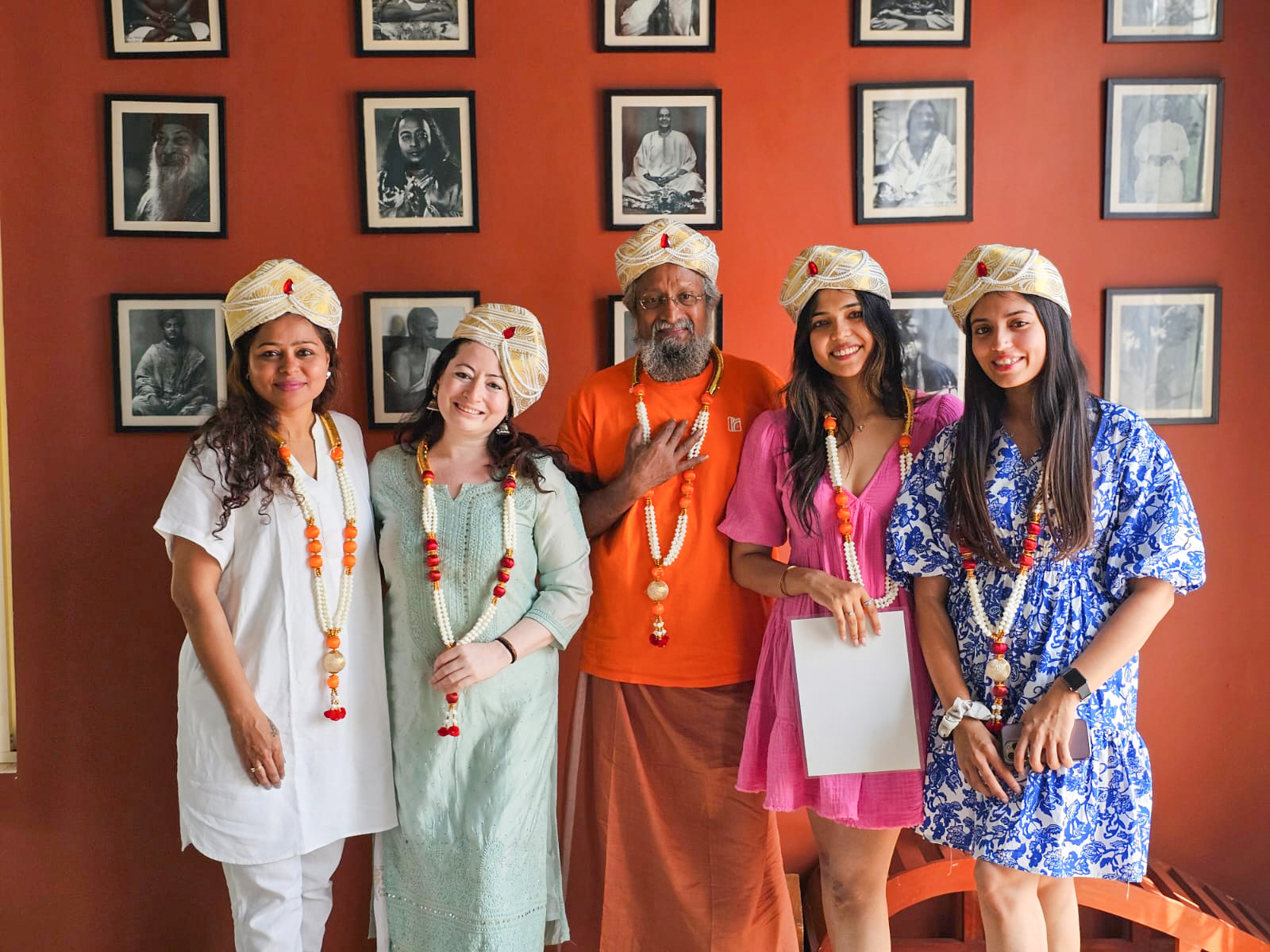2025 Yoga Retreats: The Must-Try Experience for Mind, Body Soul
In a world constantly driven by deadlines, technology, and fast-paced routines, it is no surprise that people want to turn to yoga retreats to rejuvenate and connect with their inner selves. Yoga retreats in 2025 have become a must-try experience for refreshing the mind, body, and soul. The concept of yoga retreats has evolved beyond the regular yoga asanas. They have culminated into immersive experiences that are designed to replenish the body, calm the mind, and awaken the soul, making it one of the most transformative getaways people can choose. Yoga retreats combine travel and yoga, the two experiences that not only prioritize well-being but also help us redefine our purpose. Whether you are craving a tropical retreat, a mountain escape, or a beach side yoga retreat accommodation, 2025 is the year for you to follow your heart and tap into your Zen mode.
Why go for a yoga Retreat in 2025?
Unlike a regular vacation or standard getaways, a yoga retreat offers a mindful and purpose-driven reset. Such retreats combine well-structured guided yoga sessions with all-round wellness activities, Ayurveda sessions, yoga retreat food, meditation, and give space to experience emotional healing. They are designed to –
- They help travelers unplug from the humdrum of their busy lives and take a break from the digital overload.
- They help deepen one’s yoga practice and benefit from the guided experience of qualified instructors.
- Learn meditation, Pranayam (breath work), alignment, posture correctness, and techniques for mindfulness.
- Help people find a like-minded community that supports yoga and has shared experiences.
- Find a safe space for emotional release and distress in a nurturing space.
Popular Types of Yoga Retreats in 2025
Like all fitness regimes, yoga is not one size that fits all, and neither are the retreats. When it comes to yoga, yoga enthusiasts and travelers are presented with a variety of choices to experience the yoga retreats that are trending, as well as the ones that match their needs and rhythm.
Iyengar yoga retreat – Alignment and therapeutic benefits
Iyengar yoga, rooted in the teachings of B.K.S. it, is a type of yoga that makes use of props like walls, chairs, belts, bolsters, etc. to focus on alignment, giving attention to detail, structure, and the correct way of practicing a posture. yoga retreats in Goa offer focused workshops that emphasize posture correction and provide therapeutic benefits for injuries and chronic pain. Such retreats help the participants slow down, go deeper experience conscious exploration of body mechanics and breath. These getaways are ideal for people from all walks of life, including recovering patients who want to experience the therapeutic benefits of Iyengar yoga.
Aerial yoga retreats – To experience yoga in the air
Aerial yoga retreats help yogis experience adventure and mindfulness in one palette. The participants are suspended mid-air from hammocks, ropes, and other aerial tools to perform yoga off the mat. They get to experience inversions and challenge themselves upside down. Aerial yoga retreats encourage strength, flexibility, and finding new ways to discover and trust one’s own self. Aerial yoga retreats offered by yoga schools in Goa, like AdiYogam Akasha Retreat, guided by yoga masters like Bharat Ram, help the practitioners experience spiral decompression and mental clarity with fun, adventure, and playfulness. The Akasha (Sky) aerial yoga retreat also offers experiences like Mudgar training, ice plunge sessions, guided breath work, meditations, and sound healing in hammocks, which further elevate the experience of the retreat and help the travelers go back with new learnings and memorable experiences.
Ayurvedic retreats – To detox and rejuvenate
Ayurveda, the ancient Indian science of life, is connected to the yogic wisdom of India. Ayurvedic yoga retreats bring together yoga with structured Ayurveda consultations, detox programs, balancing nutritious meals, and detox programs that help the travelers reset their health, recover from burnout, and experience holistic healing. The Ayurvedic retreats offer customized ayurvedic meals that are based on the person’s body type to balance their dosas (Vatta, Pitta, and Kapha), herb based drinks, Abhyangam (body massage with oil and spa), Panchkarma (the five detox therapies prescribed by Patanjali), gentle yoga and pranayama ( breath work), meditation and self-reflection.
Vipassana yoga retreats – Mindfulness-based retreats
Vipassana retreats, also known as the silent or mindfulness retreats, are experiences that offer participants the opportunity to observe silence for extended periods of time and allow themselves for deep introspection, turning inward and physically, mentally, and emotionally de-stressing. Such retreats offer emotional detox, which means, no phones or talking is allowed. Daily yoga and guided meditations, along with natural immersions in forests, mountains, or ashrams, accompanied by the Buddhist teachings and yogic traditions of mindfulness, are followed. Vipassana retreats are perfect for travelers who feel like unplugging from their emotional overwhelming and mental stimulations and calm down to experience silence as healing.
Benefits of Choosing Yoga Retreats
- Rejuvenation – Yoga retreats enhance physical, mental, and emotional rejuvenation. The schedule in Yoga retreats encourages daily movement, satvik meals, and a clean air and healthy environment to refresh, reset, and rejuvenate.
- Inner awakening – Yoga retreats lead to inner awakening and spiritual connection. Such retreats introduce participants to guided meditations, mantra chanting, contemplation, conscious withdrawal, and reconnect with their spiritual self to focus on finding a deeper connection to themselves and discover their inner calling.
- Mental relaxation – Choosing yoga retreats helps people step away from the hustle of daily life, noise, digital distractions, and gives themselves a break to experience mental clarity, relaxation, and a safe space to introspect and reset.
- Community – Yoga retreats foster strong community support and connections with people from various places who are seeking a similar journey, often leading to healthy friendships and connections.
- Healthy habits – When you get a chance to be a part of a yoga retreat, you develop healthy habits that stay with you. Not only do you get a chance to learn yoga correctly, but you also learn tools and techniques of breath work, meditation, journaling, conscious eating, and mindfulness.
Conclusion
In 2025, yoga retreats and wellness travel are becoming a leading choice for yoga enthusiasts and travelers who are looking for transformation and solace beyond relaxation. In a lifestyle dominated by burnout, stress, and disconnection, moving away to replenish your mind, body, and soul is one of the most precious gifts you can give yourself. Whether you are attracted to floating in hammocks, correcting your posture in the precision of Iyengar, or rediscovering healing in silence, a yoga retreat will help you truly meet yourself and will take you where you need to go.





